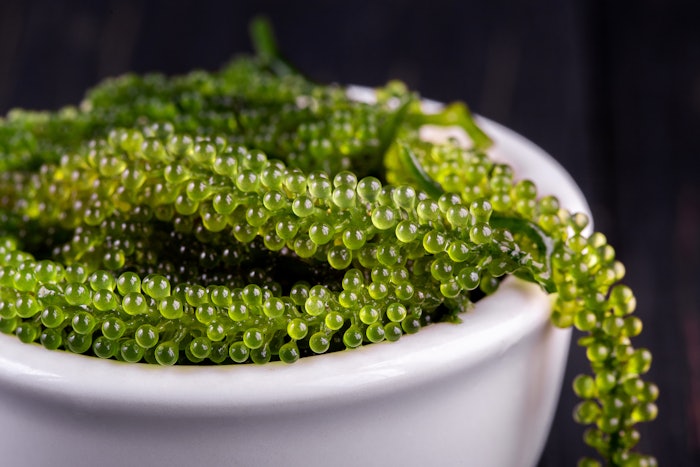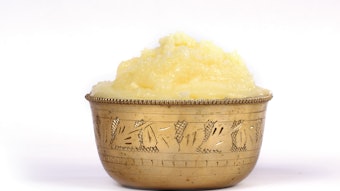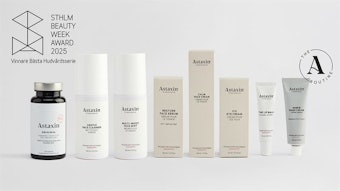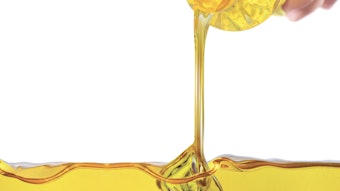
The spa industry is constantly evolving as innovative ingredients drive new treatment trends. One ingredient making waves is sea grapes, also known as nama (Caulerpa racemosa), a Fijian seaweed known for its exceptional hydrating and skin-rejuvenating properties. As wellness destinations and spa professionals seek high-performance and sustainable ingredients, nama is emerging as a standout addition to luxury spa menus.
I first encountered sea grapes on a trip to Fiji, where I indulged in a transformative nama-infused facial at Tokoriki Spa. The experience was unlike any other—my skin felt plumper, deeply hydrated and more radiant than ever before. As I learned more about nama, I discovered that luxury resorts across Fiji, including Six Senses and the Marriot, had already embraced incorporating it into signature treatments. It was clear that this ocean-derived powerhouse was more than just a passing trend—it was a skin care revolution waiting to be explored by the broader spa industry.
Sea Grape Skin Benefits
For spa owners and managers, nama presents a unique opportunity to offer cutting-edge treatments backed by both science and tradition. Found in the pristine waters of Fiji’s Yasawa Islands, nama is rich in essential minerals; vitamins A, B, and C; omega fatty acids and potassium. This blend of nutrients makes nama a powerful ally in skin hydration, soothing and collagen support, offering both face and body thalassotherapies for dermal hydration or detox. With the global shift toward marine-based, sustainable beauty, integrating nama into spa menus can set a business apart in an increasingly competitive market.
Research from James Cook University in Australia confirms that nama contains a higher concentration of ionic mineral salts than other seaweeds, making it particularly effective for hydration and skin barrier repair. Unlike traditional detox-focused seaweed treatments, nama works at the cellular level to plump, reduce inflammation and restore balance—ideal for addressing common concerns like sensitivity, rosacea and dryness. Spa professionals looking for science-backed, result-driven treatments will find sea grapes to be a game-changer.
Sea Grapes Are Socially Conscious
One of the most exciting aspects of nama is its alignment with the spa industry's commitment to sustainability and ethical sourcing. Nama is harvested in collaboration with local Fijian communities, ensuring responsible cultivation while supporting economic growth in the region. By offering nama-based treatments, spas not only provide clients with a luxurious experience, but also demonstrate a commitment to environmentally and socially conscious practices—an increasingly important factor for today’s wellness consumers.
For those who want to harvest the benefits of sea grapes themselves, Nama Fiji offers a retail product line that allows clients to bring their treatments home. From the Nama Fiji Gel Serum to the hydrating Face Mask and the guava-infused Eye Cream, these products deliver spa-quality nourishment with every application. By incorporating Nama Fiji into their practice, spas can create additional revenue streams, while ensuring clients maintain their results between visits.
As spas continue to adapt to the growing demand for transformative, result-oriented treatments, nama is poised to become a staple in high-end wellness. From destination resorts to boutique urban spas, integrating nama-based thalassotherapy treatments and retail products can enhance client satisfaction, distinguish a spa’s service menu and contribute to long-term business growth.
For spa professionals seeking to elevate their menu with sustainable, science-backed and highly effective ingredients, nama is more than an emerging trend—it’s a strategic investment in the future of skincare and wellness.










